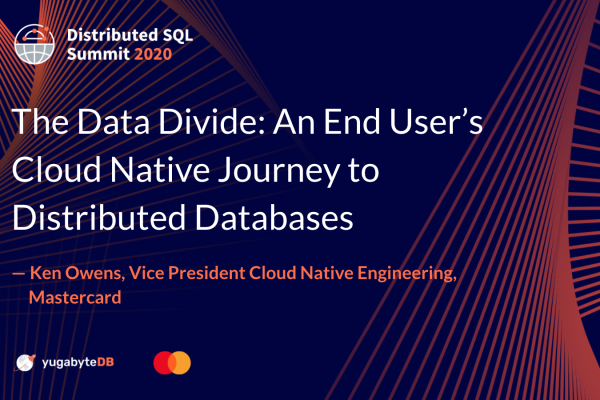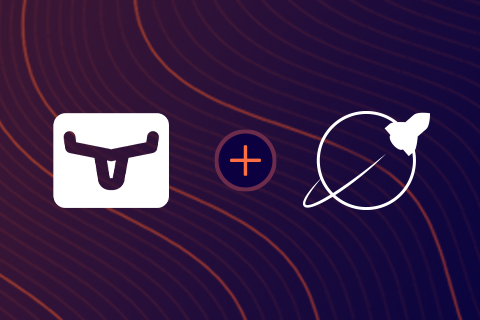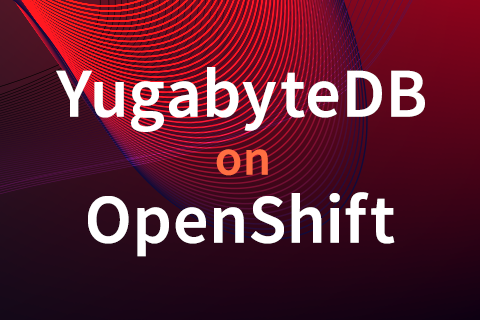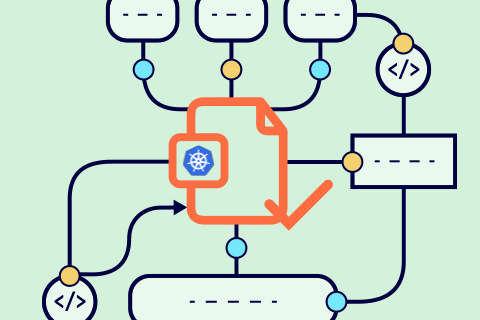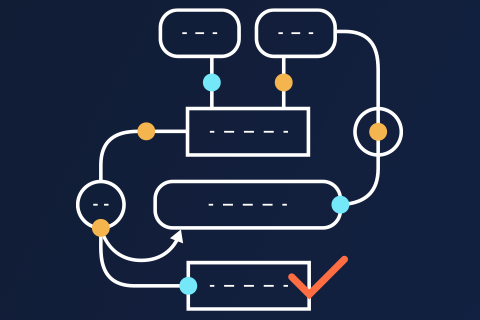Distributed SQL Summit Recap: The Future of Data Infrastructure, A Telco Roundtable
At the Distributed SQL Summit 2020, leaders and architects from notable enterprises in the telco industry joined us for a panel to discuss the future of software development, including important trends such as IoT, 5G, Edge, cloud, and their impact on data infrastructure. Our panelists included Puneet Devadiga from Rakuten Mobile, Hale Donertasli from Rakuten Mobile, Kartik Rallapalli from TracFone Wireless, and James Taylor from Comcast; the panel was moderated by Yugabyte’s head of Data Engineering,
…

